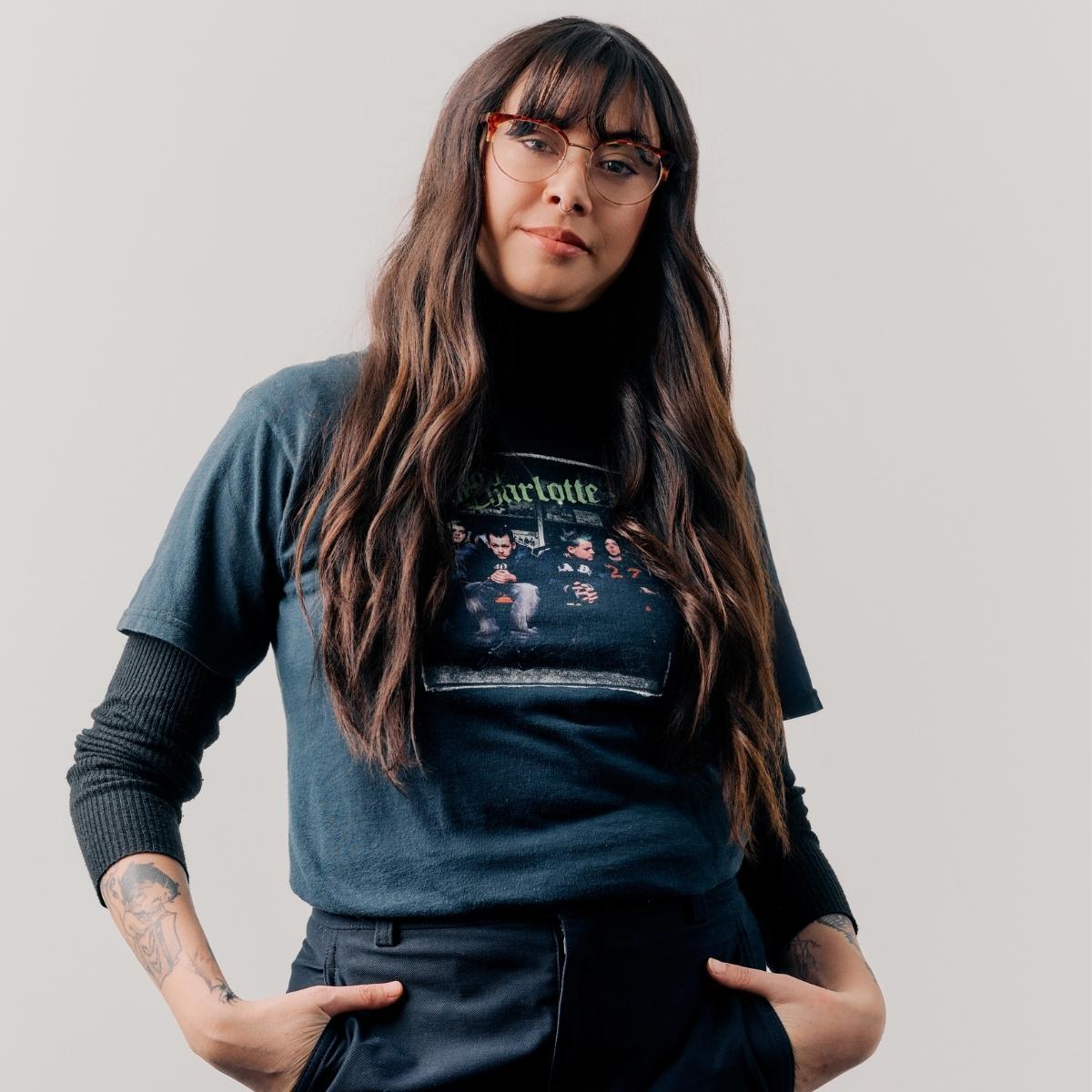Electronica, Middle Eastern flavours, with vocals, a touch of flamenco guitar and trumpets are just a few of the ingredients that makes up the recipe that is Tijuana Cartel.
The Gold Coast group's vocalist and guitarist, Paul George, says their latest album is “a bit different” from their usual output, and they're excited to share their newest dish, 'Psychedelicatessen'. “The whole thing runs almost like a play, based on this 1970s reggae play called 'What’s Rangoon To You Is Grafton To Me'.
“It’s a bit of an underground thing that circulated for a while,” Paul says.
In the 1970s, the ABC challenged its own stereotype to develop a youth-orientated radio channel, Double J (later re-named Triple J). This channel operated on a derelict AM transmitter in a Sydney bomb shelter and featured DJ and breakfast host at the time, Russell Guy.
Breaking all the rules of broadcasting, Guy decided to trial a short story of a summer hitch-hiking adventure from Brisbane to Sydney into a ‘radio’ play. The play attracted a cult following and was the major inspiration for Tijuana Cartel when they were producing 'Psychedelicatessen'.
“We took a lot of samples [from the play] and were inspired to write songs around that,” Paul says. “We’d always sort of just written songs and then chuck them together at the end. But with this one, we started off with a concept… it’s a bit more alternative indie compared to our other music.”
Paul first began performing with Carey O’Sullivan in high school in the late 1990s and started the band in 2003. “Originally we had a bit of this Mexican flavour and our first ever gig was at this place called Swingin' Safari on the Gold Coast,” Paul says.
“We needed a name to put on the blackboard and we’d just been watching a movie called 'Traffic' about the Mexican cartel. I must admit, we were quite young so I don’t think we realised [Tijuana] was an infamous drug cartel in Mexico.”
By the time they’d figured that out, the name had already stuck and so became the most non-violent, non-Mexican cartel Australia has seen. “We were quite worried when we played in LA, you know. There’s a lot of people there who are Mexican and we thought they might be a bit offended, but everyone we’ve met from there thinks it’s quite funny,” Paul says.
In 2015, Tijuana Cartel spent three months in Los Angeles in hopes of pursuing their dreams of becoming rock stars. Although it didn’t quite work out exactly the way they’d planned. “We were around LA chasing record deals… trying to sell ourselves to big record companies,” Paul says.
“I think LA was our one little shot at becoming rock stars and we were quite happy to find out then that it’s not really our scene.
“There’s a lot of scenes in Australia and around the world; we’re happy to go a bit more underground, more festival based,” Paul says.
Tijuana Cartel will return for the first time in years to perform in South Australia at Blenheim Festival and are excited to be playing. “The main thing is to get everybody in that venue dancing as much as possible, so we’re going for a real party set,” Paul says.
Tijuana Cartel play Blenheim Music and Camping Festival (South Australia) 13-14 April. They also play Sea N Sound Festival (Sunshine Coast) 10 June.
Written by Emily Oswin








